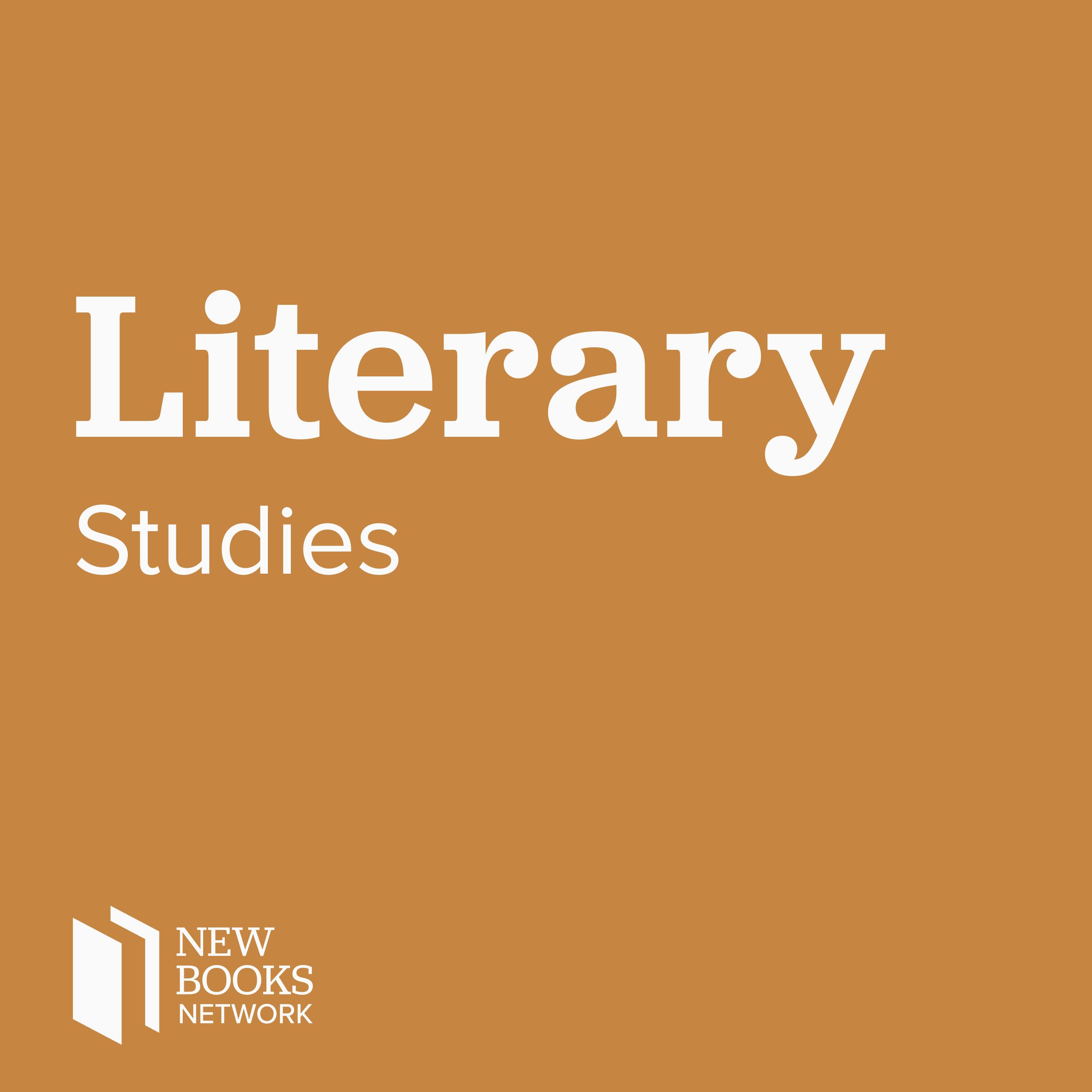
Non-literary Fiction

New Books in Literary Studies
Shownotes Transcript
In this episode of High Theory, Esther Gabara talks with us about Non-Literary Fiction, that is, works of fiction that belong to the world of contemporary art, rather than the world of contemporary literature. She focuses on literary and narrative strategies used by Latin American and Indigenous American artists to make “non-objective” forms of visual art under the pressures of neoliberalism. To learn more, check out her book, Non-Literary Fiction: Art of the Americas under Neoliberalism) (Chicago University Press, 2022).
In our conversation, Esther gave us a theoretical bibliography of thinkers from Latin America who have shaped her work on non-literary fiction. Prominent among these figures are Ferreira Gullar) in Brazil and Juan Acha) in Mexico, who were the founding thinkers of the term “Non-Objectualism”-- a term that informs the fiction making practices Esther studies. We found this cool piece on Juan Acha) that might be worth reading. She also named the philosopher Rodolfo Kusch and his work with indigenous storytellers. Kusch’s book on Indigenous and Popular Thinking in América) was translated into English and published by Duke in 2010. And finally she named the indigenous artist and activist Manuel Quintín Lame), who collaborated with the Columbia artist Antonio Caro). Each of these figures features in her book as a theorist in their own right, in a context where art is a critical practice.
Esther Gabara) is a professor of Romance Studies at Duke University, where she works with modern and contemporary art, literature, and critical theory from the Americas. Her teaching in the departments of Romance Studies and Art, Art History & Visual Studies at Duke University covers visual studies, modernism, photography, Pop Art and popular culture, feminism, public art, and coloniality in contemporary art. Her prior publications include the bilingual exhibition catalogue, Pop América, 1965-1975) (Nasher Museum of Art/Duke University Press, 2018), for an exhibition she curated at the Nasher Museum of Art, and *Errant Modernism: The Ethos of Photography in Mexico and Brazil *)(Duke University Press, 2008).
Learn more about your ad choices. Visit megaphone.fm/adchoices)
Support our show by becoming a premium member! https://newbooksnetwork.supportingcast.fm/literary-studies)
